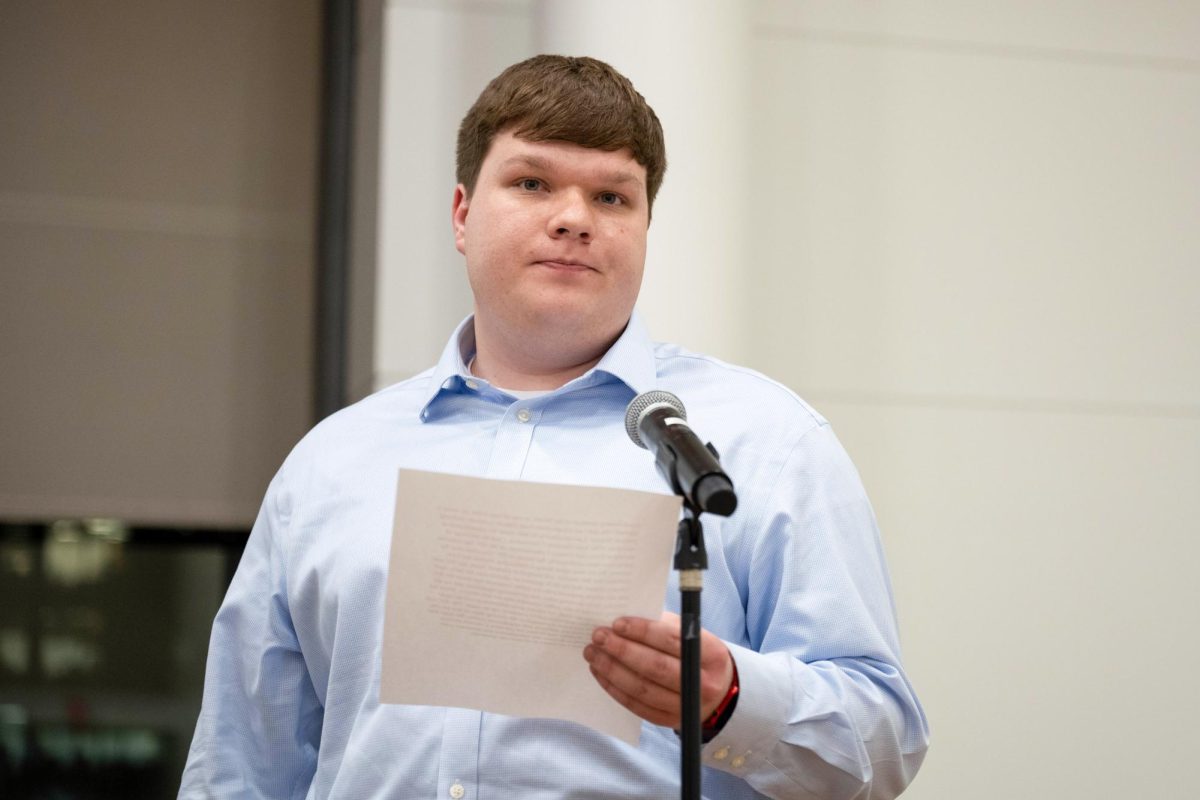The University Counseling Center hosted a time and stress management workshop in Funger Hall Monday night to help students cope with the pressure of college life.
The workshop focused on ways to alleviate stress by using time efficiently.
More isn’t better! Debra Davis, associate director of the GW Counseling Center, said to begin the workshop.
This was the theme throughout the hour-and-a-half presentation conducted by Davis and Brie Jeweler-Bentz, a psychology intern at the Counseling Center. The workshop encompassed many aspects of stress in students’ lives.
The two women began the workshop by asking students what areas they wanted to focus on. Time management was at the top of most students’ lists.
To have more freedom, you must first structure your time, Davis said.
Jeweler-Bentz told the group of students that the best way to structure time is to compile a to-do list.
Detailed is better, she said. It allows you to realistically examine what tasks must be completed each day.
The counselors advised students to get in the habit of making a list of tasks that need to be completed every morning, breaking down the tasks into smaller steps and deciding if completing the list in a day is feasible.
To-do lists also help you see where your day went, Davis said.
Students said they were also concerned that hours seem to disappear from their day.
I find myself working until two every morning, even when I don’t have a lot of work, freshman Anna Guare said. I can never figure out what I did all day.
To help prevent hours from slipping away, Davis and Jeweler-Bentz suggested blocking out a schedule for the upcoming week.
Using a schedule allows you to pinpoint your free time so you know that the rest of the time is designated for work, Davis said.
Another suggestion was to use monthly planners.
Monthly planners allow you to see the bigger picture and will keep you from getting stuck with two papers on one night, Davis said.
For students already far behind in their work, counselors suggested making an appointment with professors to discuss options.
Don’t skip classes because you haven’t done the work, Davis said. You will only add more stress to your life when it comes time for exams.
Some ways to help lower stress levels when exam periods begin include working in study groups, using a tutor for areas students do not understand and studying in an ideal environment, Davis said.
Students often run into problems studying because they don’t have the same study habits as their roommates, Davis said.
She said an ideal environment is a place where distractions, such as random visitors, telephone calls and e-mail can be avoided – like the library and vacant classrooms.
Jeweler-Bentz offered some relaxation tips for when students feel consumed by stress.
Focusing on your breathing helps take your mind of the task at hand, she said. It helps you remove yourself from a situation for a couple of minutes.
Other exercises included tightening and relaxing muscles and visualization.
These relaxation methods are perfect when you start feeling the symptoms of stress, Davis said.
The most common stress symptoms include headaches, tight muscles, upset stomach and irritable behavior, she said.
Davis and Jeweler-Bentz said it is necessary to maintain a positive self-image when stress becomes overwhelming.
Self-talk is the most important thing to do when you begin to get stressed, Davis said. Once you say you can’t get things done, you are almost guaranteeing that you won’t.
If these techniques do not work, other options are available for GW students at the Counseling Center located at 2033 K Street, Suite 330. Counselors are accessible Monday to Thursday, 9am to 6pm, and Fridays from 9am to 5pm.






